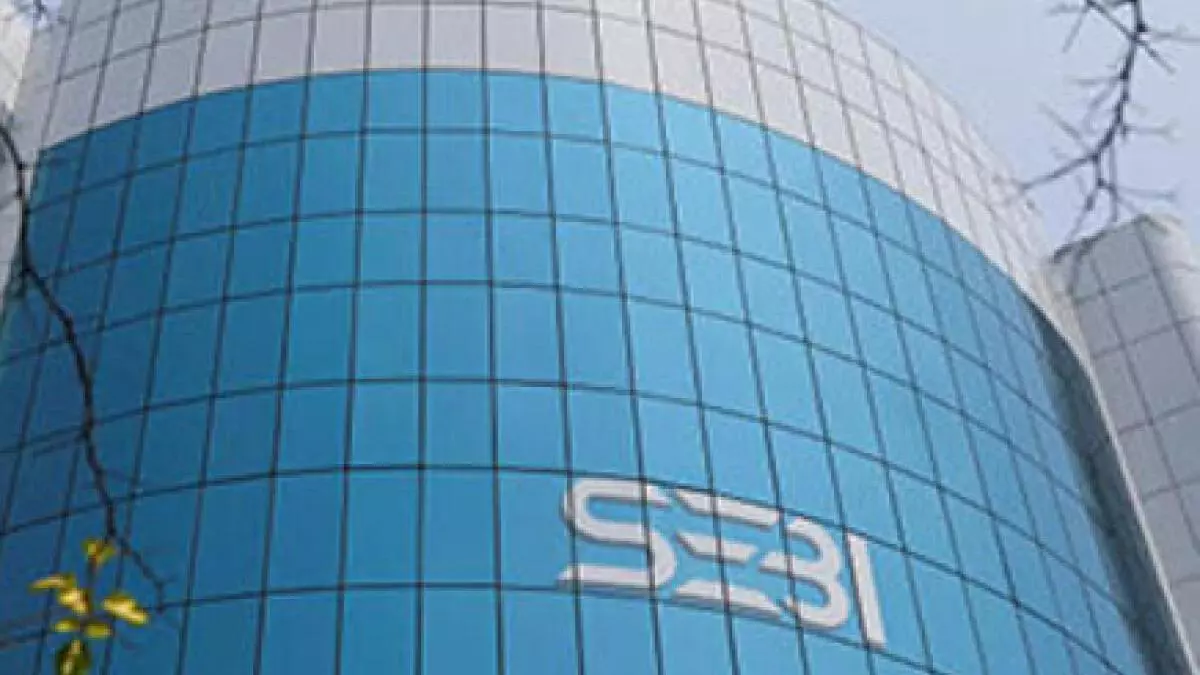SEBI issues norms for transactions in corporate bonds through RFQ platform
In an effort to increase liquidity on the stock exchanges’ request for quotation (RFQ) platform and to enhance transparency and disclosure regarding secondary market trading in corporate bonds, SEBI has required stockbrokers (SBs) to conduct at least 10 percent of their total trades in the secondary market by value through RFQ platforms.
This percentage will rise to no less than 25 percent of the total secondary market trading by April 2024.
Request for Quotation (RFQ) is a Trade Execution Platform, launched in 2020. This platform is a direct participation model where all participants trade on their own accounts.
Increase liquidity
With SEBI’s recent circular to allow participation through brokers from January, participants are now allowed to use the services of brokers registered with SEBI. The platform uses an RFQ protocol wherein the initiator may ask other participants for a quote in corporate bonds, securitized debt instruments, municipal debt securities, government securities, government development loans, treasury bills, commercial paper and certificates of deposit or Any other security as specified by the exchange from time to time.
The RFQ platform provides users with a range of options for obtaining a quote and responding to a quote, keeping an audit trail of all interactions, such as return quoted, price agreed, deal terms, etc.
SEBI is taking steps to increase liquidity on the stock exchanges’ RFQ platform to enhance transparency and disclosure regarding secondary market trading in corporate bonds. Certain conditions for transactions on the RFQ platform are set by mutual funds, portfolio management services, and alternative investment funds.
